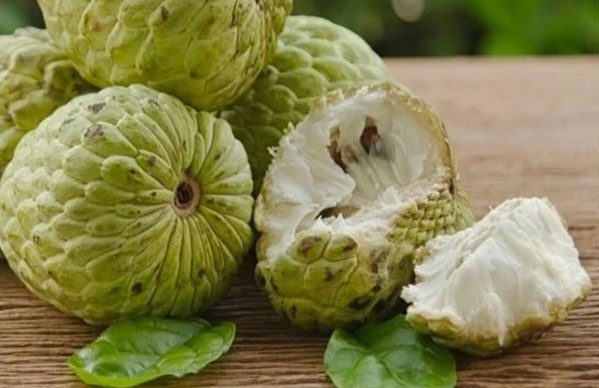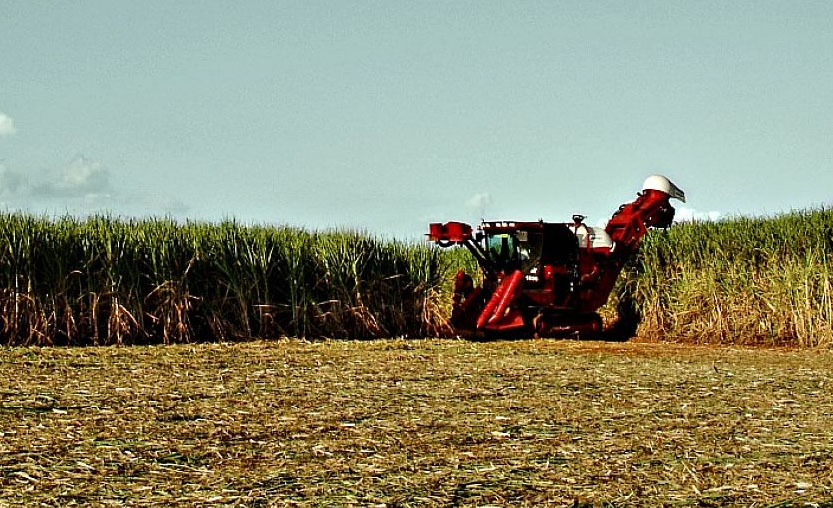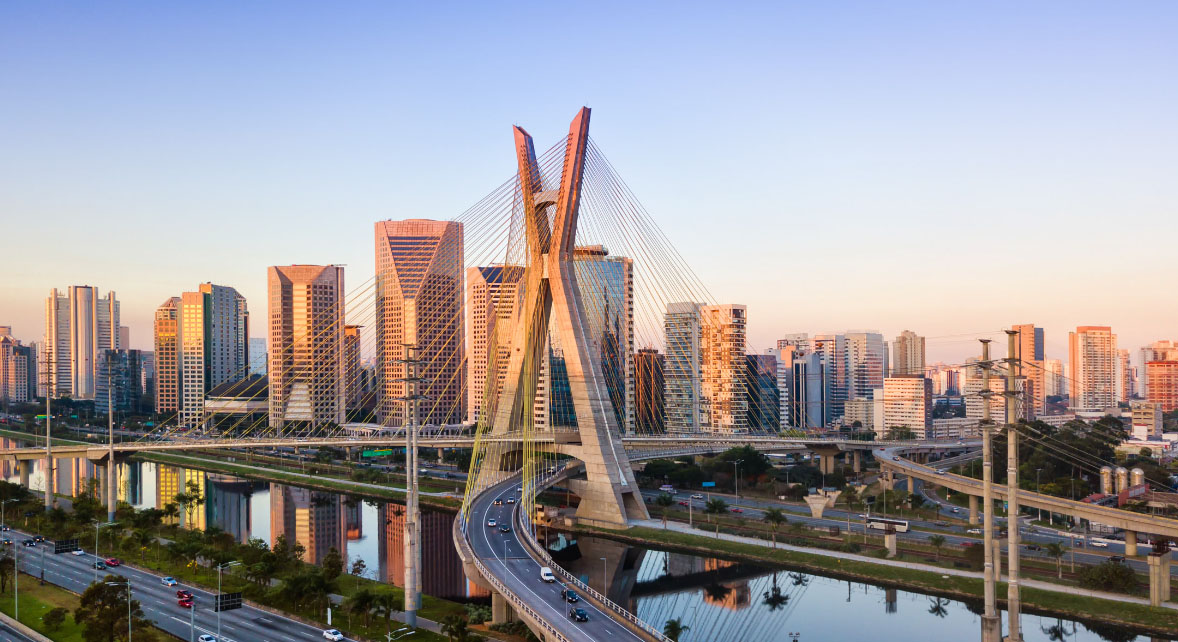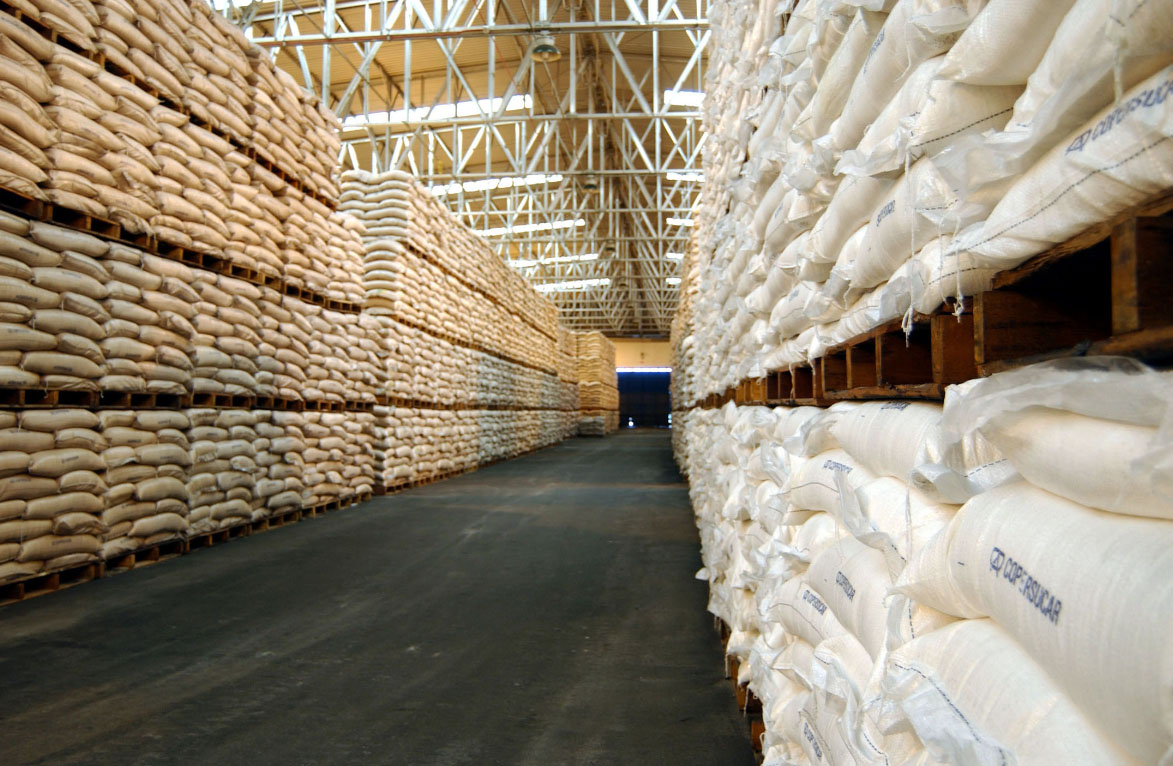Brazil, renowned for its sugar production, offers a golden opportunity for businesses looking to export sugar. In this comprehensive guide, we’ll walk you through the process of exporting sugar directly from Brazil. Whether you’re a sugar mill owner, trader, or manufacturer, understanding the steps involved is crucial for a successful export venture.
Identify Reliable Buyers
The first step in exporting sugar from Brazil is to identify trustworthy buyers. Conduct comprehensive research by exploring international markets, industry associations, and trade fairs to create a list of reliable potential buyers. Building strong connections with potential partners is essential for a successful export journey.
Verify Buyer Credentials
Before engaging with any buyer, conduct due diligence by verifying their credentials. Ensure that the buyer possesses the necessary licenses and certifications required for importing sugar. Investigate their reputation, industry experience, and request references from previous suppliers to assess their reliability.
Initiate Contact and Negotiate
Once you’ve shortlisted potential buyers, initiate contact and start negotiations. Clearly define your sugar offerings, including quality, quantity, packaging preferences, and delivery terms. Engage in price negotiations, discuss payment terms, and consider additional services such as transportation and documentation support.
Understand Export Regulations
To export sugar from Brazil, you must understand both Brazilian export regulations and the import regulations of the buyer’s country. Familiarize yourself with export documentation, customs procedures, quality standards, and labeling requirements. Consider seeking guidance from export consultants or trade associations.
Quality Control and Inspection
Ensure that the sugar you intend to export meets your buyer’s quality specifications. Implement stringent quality control measures, including third-party inspections, laboratory testing, and adherence to international quality standards. Robust quality assurance is crucial for maintaining your reputation as a reliable exporter.
Manage Shipping and Logistics
Select the most appropriate shipping and logistics options for your sugar export. Consider factors such as transportation mode (sea, air, or land), reliable shipping companies or freight forwarders, and logistics costs. Efficient logistics management is vital for ensuring the timely and secure delivery of your sugar to the buyer.
Navigate Customs Clearance
Once your sugar shipment reaches the buyer’s country, it will undergo customs clearance procedures. Ensure that all necessary export documentation, such as invoices, bills of lading, and certificates of origin, is accurately prepared. Coordinate with customs experts or export consultants to streamline the customs clearance process.
Distribution and Sales Support
Support your buyers in their distribution and sales efforts. Establish open communication channels and provide any required post-export assistance. Building strong relationships with buyers, offering product training, and addressing their concerns will contribute to successful long-term partnerships.
Conclusion
Exporting sugar from Brazil can be a lucrative business endeavor when executed with precision. Through rigorous research, credential verification, compliance with export regulations, and rigorous quality control, you can successfully navigate the exportation process. With the right approach and diligence, you can share the high-quality sugar produced in Brazil with the global market and establish enduring partnerships with international buyers.







